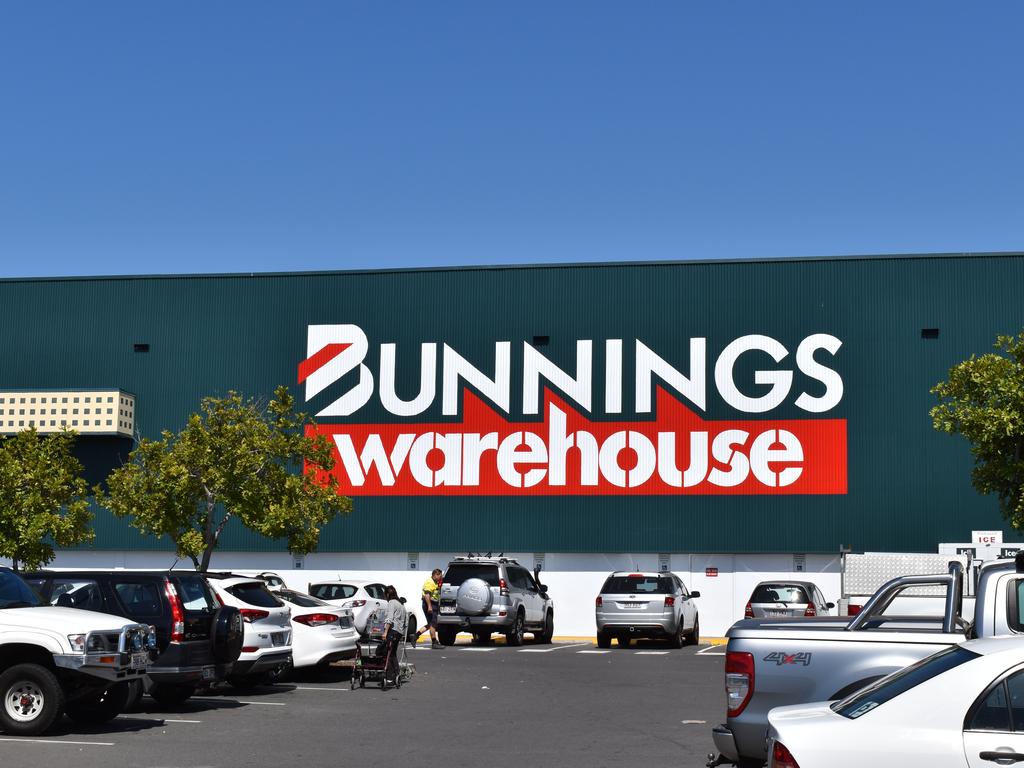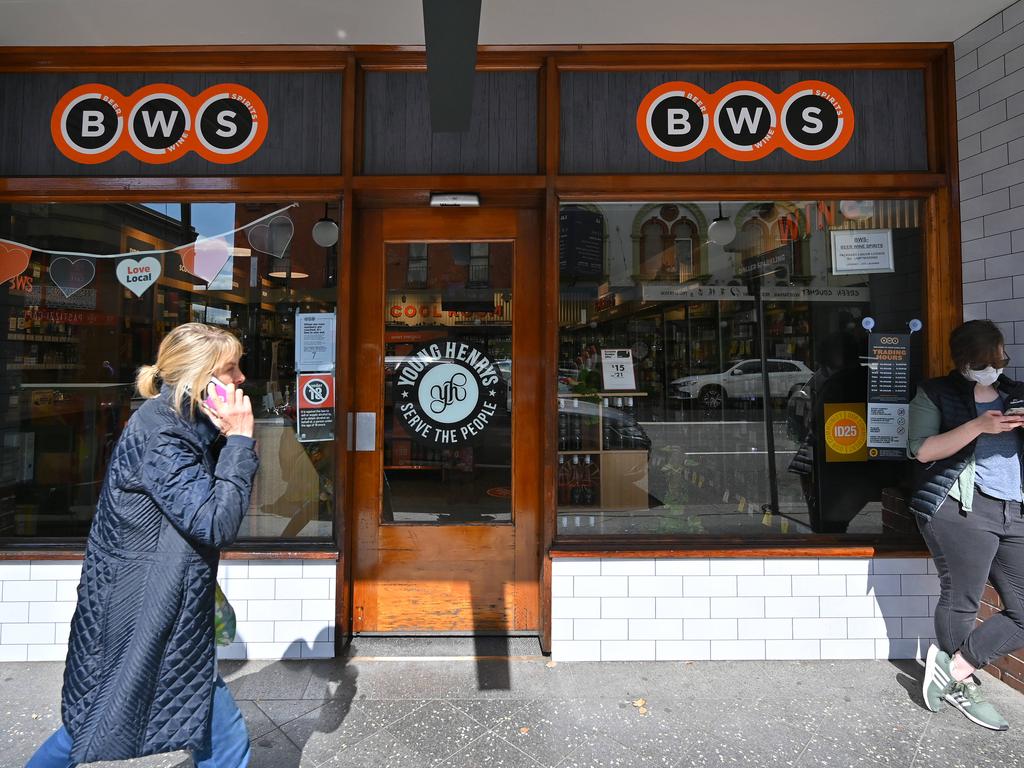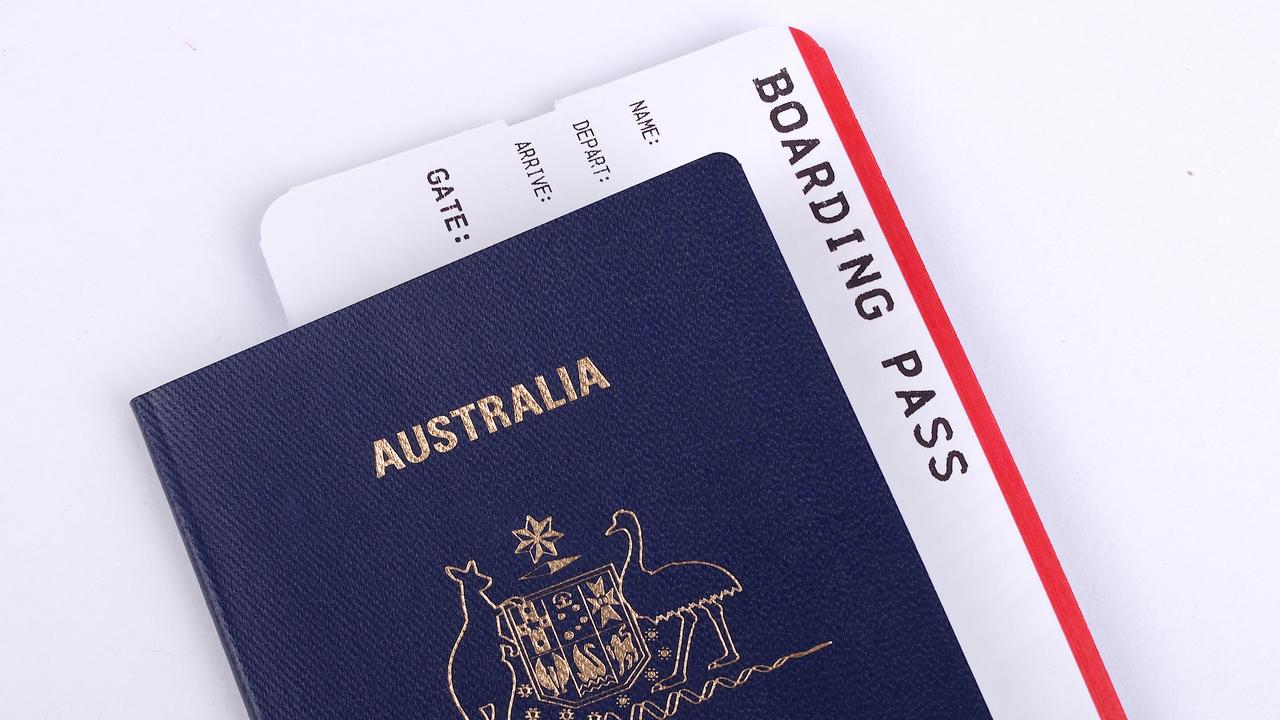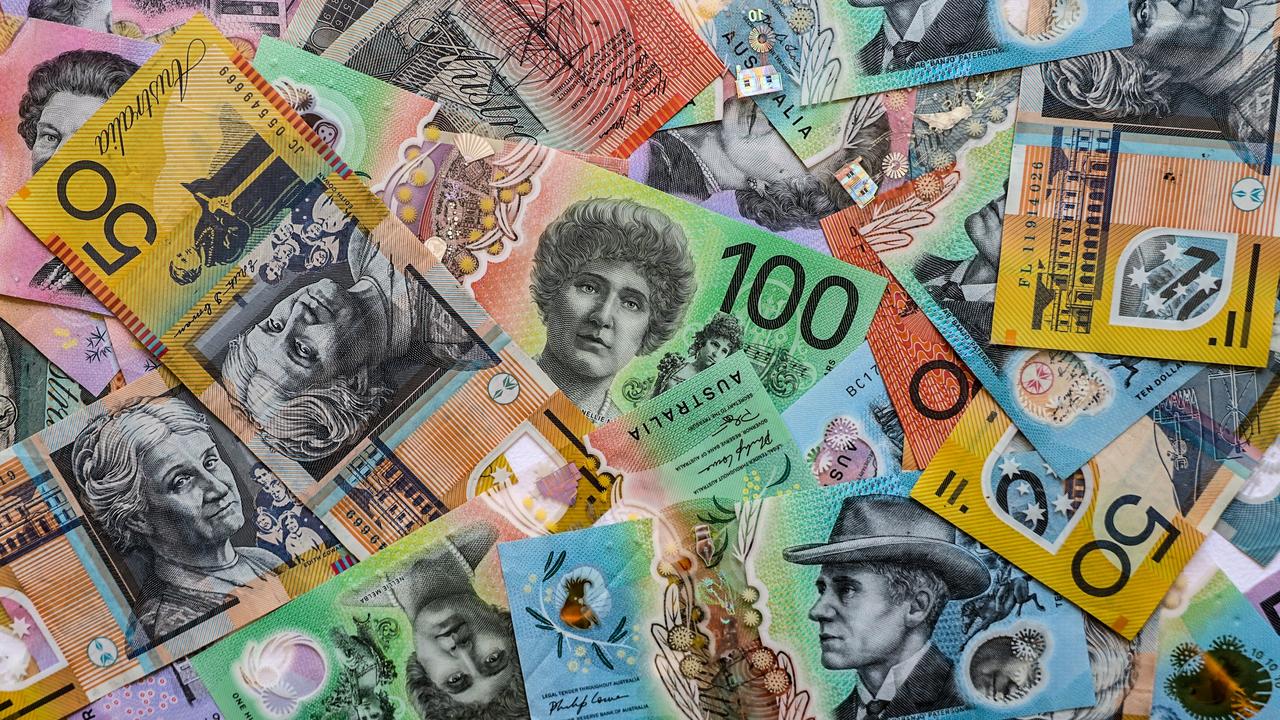The items even a recession won’t stop Aussies from buying
Australia is in recession for the first time in 29 years. But there are some things that even a collapsing economy won’t stop us buying.

Australia’s COVID-19 recession is driving the nation to DIY projects and drinking at home with alcohol consumption on the rise.
The new figures were revealed in today’s GDP data that confirms Australia is officially in recession.
“Today’s figures confirm what Australians already know that COVID-19 has wreaked havoc with the economy,’’ Treasurer Josh Frydenberg said.
“There were small increases in spending on alcoholic beverages, furnishings and household equipment recognising that people are staying at home.
“People are going down to the local store and buying themselves a new computer or a new TV and obviously drinking more at home as opposed to the local pub.”
There were some big increases in spending on some products with retailers including Bunnings and Harvey Norman recording a bumper quarter.
While household expenditure dived across Australia with a 56 per cent plunge in spending at hotels, cafes and restaurants in the June quarter, that reduction was offset by a rise in spending on booze, power tools and furniture.
RELATED: What a recession means for you

Spending on alcohol away from licensed premises increased by 17 per cent as families were confined to their homes.
But stockpiling of food eased in the June quarter with spending increasing only 3 per cent after a big jump in the previous quarter.
Home improvement projects, gardening activity and home offices drove the biggest increases in spending on household tools (29.8 per cent) and appliances (21.1 per cent).
There was also a big jump in spending on audio-visual and exercise equipment which rose by 20 per cent
“Several factors were behind that decline in household consumption. Job losses and a lack of hours are the obvious ones,’’ Indeed’s economist Callam Pickering said.
“None of that is particularly surprising given those areas were targeted by the COVID-19 economic restrictions.
“There is plenty to unpack in Australia’s latest GDP report but essentially it comes down to this: Australia just experienced the largest decline in economic activity on record. Nothing else comes close. And the recovery will likely take years.”
According to the Australian Bureau of Statistics’ previous Household Impact of COVID-19 survey, loneliness was the most widely reported source of personal stress for Australians in April with women twice as likely to suffer than men.
One in five people said they are eating more snack foods such as chips, lollies and biscuits and 14 per cent said they are consuming more alcohol.
RELATED: What really caused recession

“Perhaps overlooked is the response of households to an uncertain economic environment. The household savings rate increased to almost 20 per cent in the June quarter - just short of double its peak in the GFC - reflecting the high degree of uncertainty surrounding job security and the overall economy,’’ Mr Pickering said.
“These economic figures are obviously heartbreaking. They are without a shadow of a doubt the worst economic figures Australia has ever seen. The situation has thankfully improved in the September quarter, reflecting economic re-openings but offset by Victorian weakness, but we shouldn’t underestimate the challenge ahead of us.”
But the figures also expose an unexpected outcome from the COVID-19 recession which is that some part-time workers saw their income rise as a result of JobKeeper.
“While household consumption fell 12.1 per cent in the June quarter, household incomes actually rose 2.2 per cent. That was driven by a 41.6 per cent increase in social assistance payments - reflecting JobKeeper and JobSeeker - which more than offset a decline in compensation of employees. This economy is being held together with duct tape by JobKeeper and JobSeeker,’’ Mr Pickering said.
“Perhaps the most important lesson to learn from earlier recessions is that they are not overcome quickly. It took between two and two-and-a-half years for economic activity to return to pre-recession levels in the early 1980s and 1990s. COVID-19 will therefore leave a lingering shadow over the Australian economy, impacting household and business decisions for years to come.”




